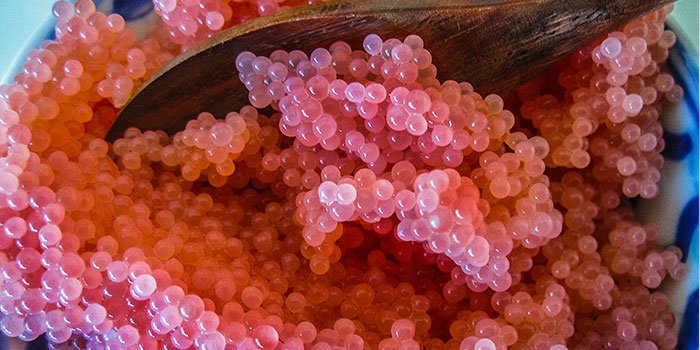Inside BENEO’s new pulse plant: pioneering sustainable protein from faba beans
The new model can predict whether a particular recipe for chilled products can prevent the growth of Clostridium botulinum and the production of the toxin.
Researchers at the National Food Institute, Technical University of Denmark (DTU) have recently developed a mathematical model, which replaces costly laboratory experiments. The industry has been asking for this model for years. The new model can predict whether a particular recipe for chilled products can prevent the growth of Clostridium botulinum and the production of the toxin.
The model is the most comprehensive of its kind in the world and can show how storage temperature, pH, salt, and the use of five different preservatives (such as acetic and lactic acids) affect potential bacterial growth and production of the toxin. Previous models have only incorporated the effect of half of these factors.
The model was originally developed for use in fish products. However, by conducting validation studies using more than 500 different products, the researchers have established that it can be used to assess the safety of recipes for both fish and poultry. Future work on the model will include other foods such as meat and vegetable products.
The researchers have described their work with the development of the new model in a newly published article in the International Journal of Food Microbiology. Because of this, several large food producers have already contacted the National Food Institute with a view to having the safety of their recipes tested using the model.
The next step is to include the new Clostridium botulinum model in the institute’s Food Spoilage and Safety Predictor (FSSP) software in order to make it more user-friendly.
FSSP is used by food producers all over the world to promote product development and to document food safety and shelf life.

